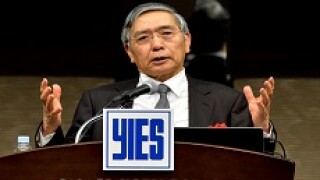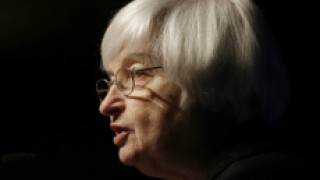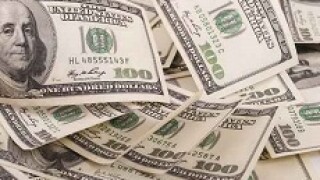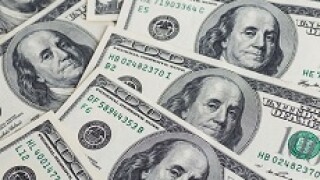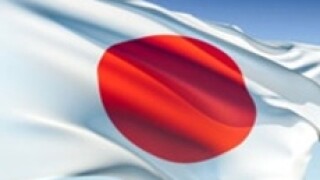Japan
-
Danske Bank has filed to sell its first bonds on the Tokyo Pro-Bond market, as the yen market looks set to get off the ground in 2016 after a ¥110bn trade from Bank of America last week.
-
The Republic of Indonesia has mandated three banks to work on a Samurai bond that is expected to launch later in the year.
-
-
Japan’s approach to total loss absorbing capacity (TLAC), issued last month, leaves the option of government support if one of its megabanks gets into trouble open, reflecting the remarkably different experience to Europe and the US that Japan’s banking sector had in the 2008/9 financial crisis.
-
Uncertainty regarding the outcome of the US Federal Open Market Committee’s (FOMC) meeting in June drove public sector borrowers to target the short end of the dollar curve this week, said bankers.
-
Public sector issuers are printing at the short end of the dollar curve, a tactic they are likely to stick to in the build-up to the next US Federal Reserve rate decision on June 15, said bankers.
-
A weaker than expected set of non-farm payroll data last week did little to deter issuers on Monday as a pair of borrowers awarded mandates.
-
BNP Paribas could let go of up to 40 people in its Asia cash equities unit, affecting about 20% of the division's workforce in the region, as it seeks a buffer against the continued soft patch in the market.
-
Japanese sovereign bonds managed to deliver positive returns on Thursday, while almost every other asset class suffered from the Bank of Japan’s decision to reject further loosening of monetary policy
-
The fervour of expectation in the run up to this week’s US Federal Reserve and Bank of Japan meetings ended in widespread pain for foreign exchange, equity and derivative market participants.
-
Dollar-yen currency option prices have risen sharply this week in line with shifting expectations for the Bank of Japan meeting on Thursday, after details were leaked by anonymous officials of a possible negative loan rate to encourage banks to lend.
-
Japan has unveiled its total loss absorbing capacity (TLAC) framework and in line with expectations has adopted a single point of entry approach with a group’s holding company being the resolution entity.

